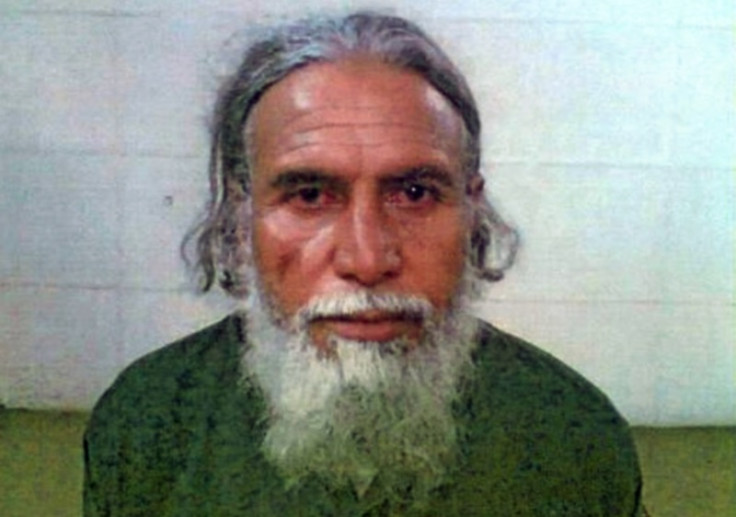Pakistani Taliban leader dubbed 'butcher of Swat' to be hanged by military court
Muslim Khan was convicted of killing 31 people, including civilians and security personnel
A Pakistani Taliban leader dubbed the "butcher of Swat" will be hanged by a military court after being convicted of killing 31 people.
A former spokesman for the Tehrik-i-Taliban Pakistan (TTP), Muslim Khan, hails from the war-torn Swat region in the far north of the country and has been in custody since 2009.
Khan, who has been accused of killing civilians and security personnel as well as defending the destruction of schools and beheadings, is among eight "terrorists" whose death penalty was confirmed by army chief General Qamar Javed Bajwa.
According to the BBC, Khan was convicted in a military court that was set up in the wake of the 2014 Peshawar school massacre which left 126, mostly children, dead.
Other prisoners who will be put to death include four gunmen who massacred Ismaili Shias in Karachi in 2015. The men were also said to have assassinated social activist Sabeen Mahmud, the founder of Pakistan's first-ever hackathon, who led a human rights and a peace-focused charity called The Second Floor (T2F).
Once a left-wing student activist Khan, 62, is believed to have joined the militants in the 1990s rising to become spokesman for the insurgents in the region.
Both Khan and Swat Taliban chief Mullah Fazlullah were labelled the "butchers of Swat" in a statement from Pakistani authorities claiming he was involved in "slaughtering" four soldiers.
The military's statement described him as "a spokesman of a proscribed organisation [who] was involved in killing innocent civilians, attacking armed forces and law enforcement agencies of Pakistan".
The statement continued: "He was also involved in kidnapping two Chinese engineers and a local civilian for ransom. The convict admitted his offences before the Magistrate and the trial court. He was awarded the death sentence".
The former militant was said to have lived in Europe and the Middle East at different times of his life and could speak Urdu, English, Arabic, Persian, and Pashto.
Military courts in Pakistan have been criticised internationally for their secrecy and the possibility that youths may have been tried.

© Copyright IBTimes 2025. All rights reserved.






















